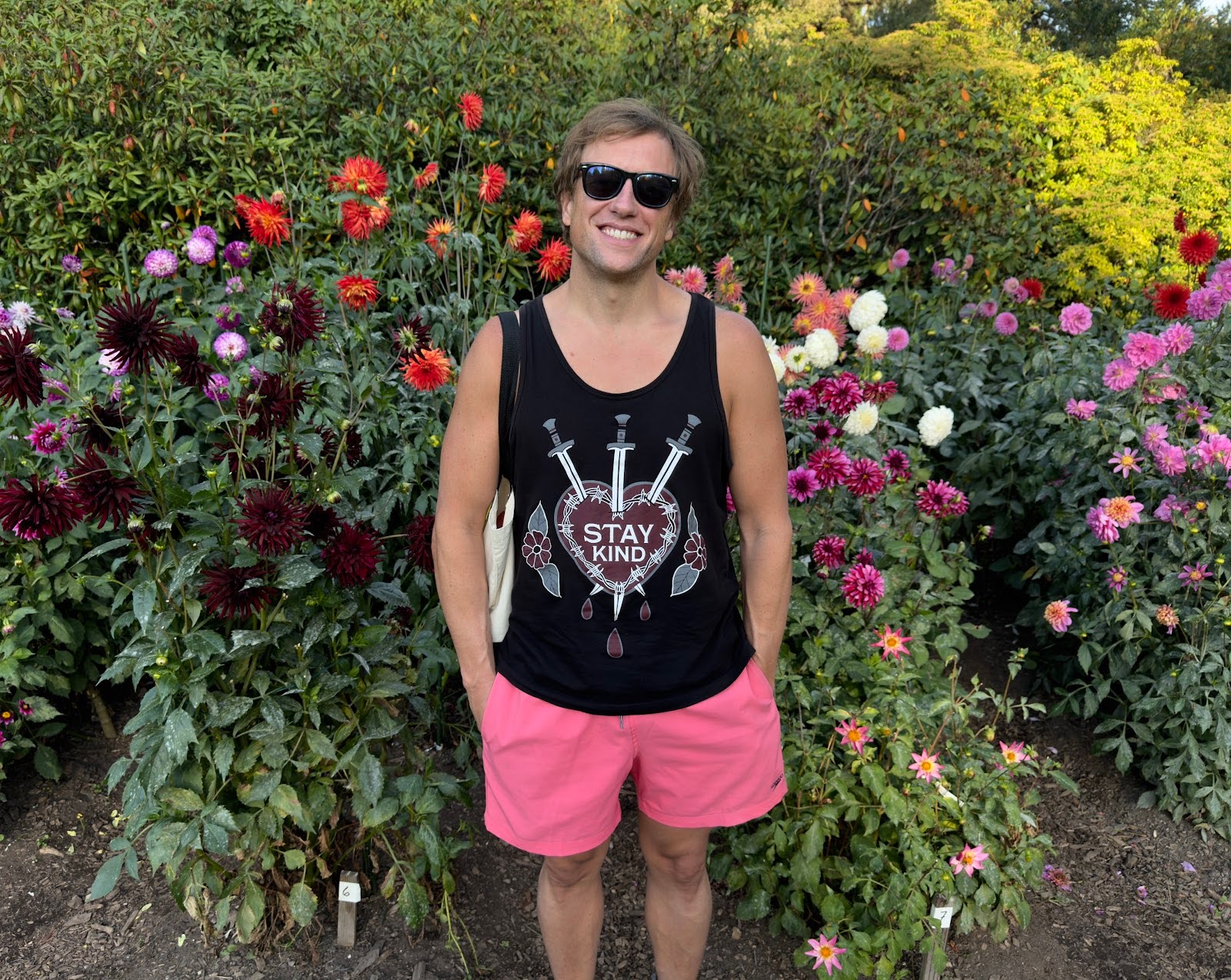Have you met … Rylan Kafara?
2 December 2024
 What is your role in the Faculty of Kinesiology, Sport, and Recreation?
What is your role in the Faculty of Kinesiology, Sport, and Recreation?
I am in the final stage of my PhD and I teach KRLS 104: Introduction to Sociology of Sport and Leisure in Canadian Society.
With previous degrees in history/political science/music and community development, what made KSR the perfect faculty home for your PhD?
KSR enabled me to take what I learned in my previous degrees and apply it to the current context of sports-related gentrification, houselessness and leisure in Edmonton.
How does your unique combination of interests and skills inform your teaching?
My various interests and skills help guide how I approach course material. Namely, what information could be missing from the story? Whose voices are not typically included? This also guides how I strive to create an inclusive classroom where everyone feels like they belong.
What is the focus of your PhD research?
My research is focused on the relationships that are created and sustained through creativity and care in houseless encampments. Specifically, my dissertation describes everyday life at Pekiwewin, an Indigenous-led encampment of about 400 residents. Pekiwewin was an encampment that lasted for 112 days in the early months of the COVID-19 pandemic. More broadly, my PhD gives me the opportunity to blend my interests and skills together in accessible and creative ways. During the research process so far, I’ve helped write music and a comic book, produce a podcast series and co-create a template of ethical guidelines for research in Edmonton’s city centre.
What inspires you to work in this area?
The relationships I’ve built and sustained in city-centre Edmonton. The street community is full of people with so much to offer, and I’m deeply grateful for the friendships I’ve made over the years.
What do you enjoy most about teaching?
Helping students realize the infinite possibilities of learning and their own infinite possibilities.
What’s your advice for someone who wants to pursue a career like yours?
Before you start, know why you want to do it! And that it’s important to take time to process all the difficult aspects of the work, including loss, grief and burnout. Most crucially, anyone working towards transformative social change in city-centre Edmonton should know that research participants do not need saving. Instead, a researcher can learn from and alongside research participants.
What’s something your colleagues and students might be surprised to learn about you?
The first course I ever taught was a class called the History of Punk. It was a free course focused on punk music, culture, history and activism. I then turned the course into a weekly radio show on our campus station. The show has now been on the radio for over a decade!
What do you hope to do once you’ve completed your doctorate?
I hope to continue doing exactly what I’m doing now — teaching, research and community work that’s grounded in meaningful relationships here in Edmonton.